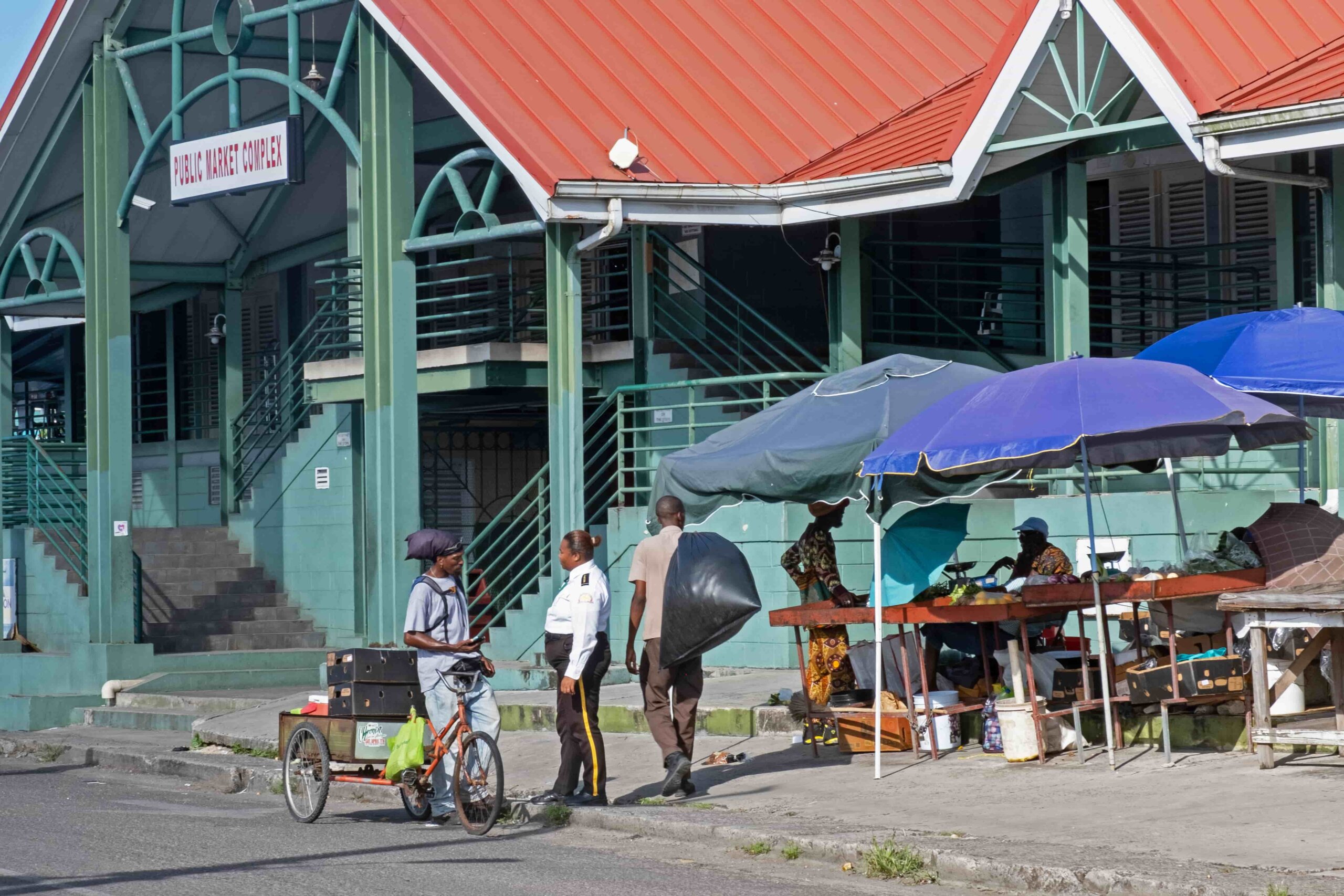In a landmark ruling for its LGBTQ+ community, anti-buggery laws were struck down in Antigua and Barbuda earlier this week.
Honourable Justice Marissa Robertson of the twin island nation’s High Court ruled on July 5 that sections 12 and 15 of the Sexual Offences Act of 1995 contravene its constitution. The Sexual Offences Act states that a person who commits “buggery,” which is defined as either sexual intercourse between two male persons or acts of anal sex between male person and a female person, is guilty of a criminal offence. Individuals convicted can face up to life in prison.
Sections 12 and 17 of Antigua and Barbuda’s constitution guarantee a person’s right to liberty, protection of law and freedom of discrimination, as well as protection from discrimination on the basis of gender.
Plaintiffs in the case included a gay man who works at Antigua’s Ministry of Health and the local advocacy group Women Against Rape, Inc. The male plaintiff, whose name was not publicized, alleged that he had been the victim of persecution because of his sexual orientation and said that people have refused to receive healthcare services from him. The anti-sexual assault group, meanwhile, cited concerns that LGBTQ+ people may decline to get tested for HIV/AIDS in fear of discrimination from medical providers.
Attorney Andrew O’Kola, who represented the claimants, said the ruling puts Antigua and Barbuda one “step closer to achieving an end to discrimination” against its LGBTQ+ community. “Each consenting adult has a right to love and express love in the manner they choose, without the state’s intrusion,” he said in a statement to the local newspaper Antigua Observer.
Eleven Caribbean states currently have laws on the books that criminalize consensual sexual relations between adults of the same sex. Many of those criminal codes were adopted during the colonial era and have yet to be repealed.
Antigua and Barbuda is not the first Caribbean or Central American country, however, to take steps to update sodomy laws dating back to the period of European colonization. Courts in Belize and Trinidad and Tobago have also repealed similar statutes in recent years, while LGBTQ+ advocates in Barbados, Saint Lucia and Saint Kitts and Nevis are awaiting rulings on their own cases.
Alexandrina Wong, executive director of Women Against Rape Inc., is proud to see Antigua and Barbuda continue the trend toward progress.
“The journey was long and challenging, but we made it working together,” she said in a statement to the Observer. “This will open up new avenues for the people of Antigua and Barbuda to work together toward greater equality, as we are not for the first time talking about LGBTQ+ people as criminals.”
Local trans activist Washington Bramble also celebrated the news, calling the court victory “years in the making.” They noted, however, that Antigua and Barbuda still has a long way to go before LGBTQ+ people achieve full equality: queer and trans people have no protections against discrimination in areas like housing, employment and public accommodations at the federal level.
“Next step, gender identity legislation and hate crime legislation,” Bramble wrote on Facebook. “To our heterosexual community, this is a victory for you, as our law also criminalized anal sex between a cis man and a cis woman.”


 Why you can trust Xtra
Why you can trust Xtra